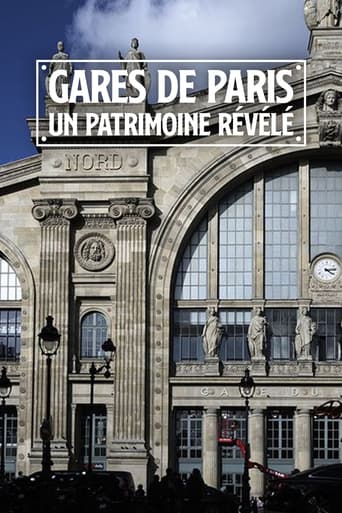
52 minutos
Every day, Paris’ six railway stations welcome over 3,000 trains and more than a million travelers coming from France and all over Europe. The stations’ sizes are impressive: Gare du Nord is bigger than the Louvre or Notre-Dame de Paris. These railway stations are architectural landmarks and a model of urban planning despite the radical changes they’ve undergone since their construction in the middle of the 19th century. How did the railway stations manage to absorb the boom of travelers in just a few decades? What colossal works were necessary to erect and then modify these now essential buildings? From the monumental glass walls of Gare du Nord to the iconic tower of Gare de Lyon, to the first-ever all-electric train station, each has its own story, technical characteristics, and well-defined urban image.

Julien Bocher
Narrator (voice)

Bertrand Lemoine
Self - Engineer and architect

Stéphanie Sauget
Self - Railway historian

Clive Lamming
Self - Railway historian

François Loyer
Self - Heritage historian

Georges Ribeill
Self - Sociologist and railway historian

Patrick Cognasson
Self - Railway historian

Marc Le Cœur
Self - Architecture historian

Étienne Riot
Self - Urbanism researcher

Didier Leroy
Self - Railway historian

Véronique Veston
Self - Heritage architect